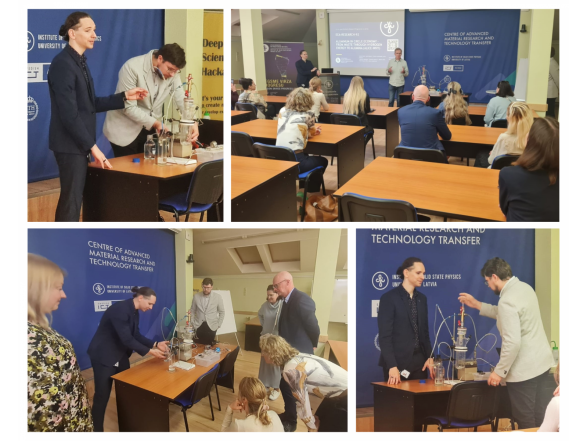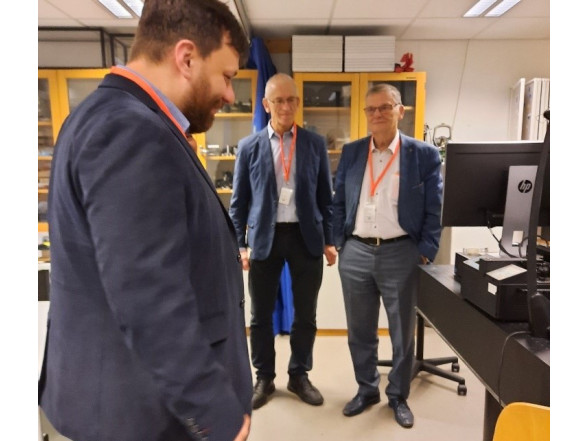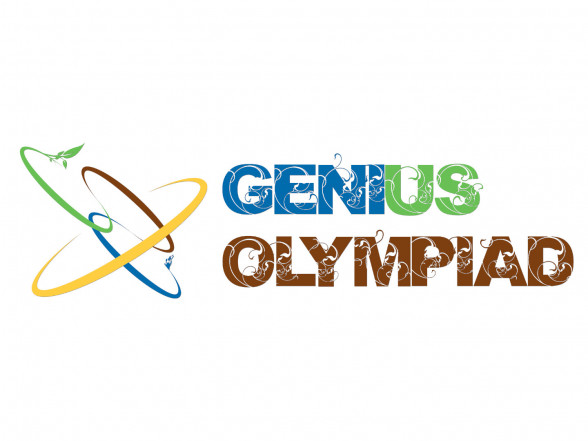Researchers Ainārs Knoks and Pēteris Lesničenoks from ISSP UL’s Laboratory of Materials for Energy Harvesting and Storage presented the benefits of aluminum recycling for hydrogen production researched within the AliCE-WHy project to the European Economic Area (EEA) grant project countries, representatives of the Financial Instrument Office of donor countries in Brussels, the Ministry of Finance of Latvia and other interested parties.
The essence of the project implemented at the ISSP UL is included in its name - Aluminum in a circular economy - from waste through hydrogen energy to alumina or AliCE-WHy. As the name suggests, scientists aim at developing new technological solutions for the recycling of aluminum waste, increasing its efficiency and ultimately producing hydrogen that can be used in energy production. Aluminum residues, oxides and hydroxides are also generated in this process, which can be further converted into useful gamma alumina (γ-alumina), ensuring higher recycling and energy of the materials used.
The project addresses a topical problem as it aims at developing technological solutions for proper waste management and energy production which play a key role in ensuring sustainability. Aluminum (Al) is a strategic material with a wide range of applications. Although Al is a recyclable material, two problems arise: 1) its recycling is an energy-intensive process because Al has to be remelted at 2072℃; 2) the unprocessed and semi-recycled material generates a huge amount of unprocessed Al waste. Even though Al waste is recycled, there are still many polluting landfills in Europe. The main idea of the project is to solve the recycling of Al for clean energy production and to create a prototype of such technology.
The EEA and Norway Grants are funded by Iceland, Liechtenstein and Norway. In the funding period of 2014 - 2021, the amount of EEA grants reached 1.5 billion euros. The grants have two goals – to contribute to a more equal Europe, both socially and economically – and to strengthen the relations between Iceland, Liechtenstein and Norway, and the 15 beneficiary states in Europe (Bulgaria, Croatia, Cyprus, Czech Republic, Estonia, Greece, Hungary, Latvia, Lithuania, Malta, Poland, Portugal, Romania, Slovakia, Slovenia). The objective of the grants is to reduce social and economic disparities and strengthen bilateral relations. This strengthens the internal market, leading to a more prosperous Europe.
More about the project here.



